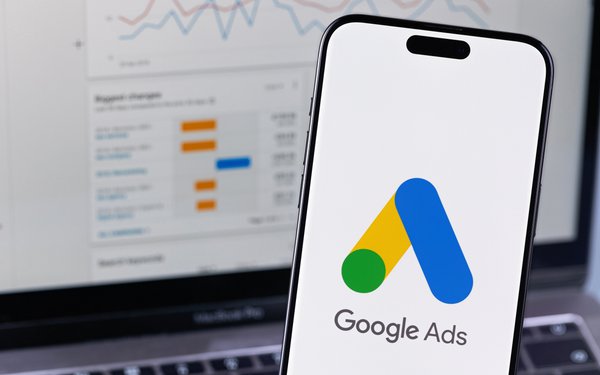
Google's AI Max for Search campaigns became fully available to all
advertisers early in the third quarter after initially rolling out in beta in late May 2025.
The Google Ads feature uses AI to improve existing paid-search campaigns by automatically finding
new queries, creating custom ad copy and selecting the most relevant landing pages to improve performance of the campaigns.
MediaPost caught up with Val Riley, vice president
of marketing and strategy at Unbounce and Insightly -- companies owned by Crest Rock Partners, which merged its portfolio last year to gain more support.
As AI Max is so new, Riley
said, early results show a 14% average increase in conversions or conversion value at a similar cost per acquisition, with some campaigns seeing up to 27% improvement, but marketers and advertisers
need time to adjust to even more automation and new ways of running search campaigns.
advertisement
advertisement
One of the biggest challenges has been when AI misinterprets a user's search intent or broadens the
targeting too much.
This can result in a significant number of low-quality clicks that are unlikely to convert.
Reddit user forums have mixed reports, according to online
discussions. While some have seen success, others have found it unreliable, especially for smaller budgets or specialized niches. Loss of control and irrelevant traffic have been
issues, but advertisers appreciate that AI Max is an optional feature suite, not a new campaign type.
AI Max offers more granular and transparent reporting for Search
campaigns, compared with Performance Max.
Two months ago, an AI Max user wrote on
Reddit about running an "appliance repair" campaign while testing AI Max and the ads served up for the query "obgyn near me."
While the stress of "nailing" the exact keywords
may be over because AI Max broad matches the advertiser's keywords to improve and extend query matching, it remains to be seen how it actually works in practice, Riley said. It takes time to
achieve success with any new feature. All require a thoughtful rollout.
Digital marketers are using a phased approach, testing AI Max incrementally, allocating a portion
of their budget, and maintaining guardrails to monitor performance.
"Don't eliminate spending on your best keywords with an untested new product," she said, adding that digital marketers must
remain focused on the post-click experience.
"Google quietly dropped an ad quality update back in February that was perhaps a foreshadowing of AI Max," she said. "It specifically called out
the quality and navigability of the landing page experience."
Riley suggests a landing page that is tightly aligned with ad messages. AI Max wants to see a clear and consistent next step, such
as a thank-you page.
AI Max also tracks the full customer journey. It once meant traveling from an ad click to landing page conversion, but now marketers can take this further directly
into their customer relationship marketing (CRM).
"The biggest challenge will be how marketers embrace the features of AI Max," Riley said. "It's up to the marketer to judge the
performance of the platform, allocate dollars in an iterative manner, and test results all the way through the funnel to close."
She added that this includes managing expectations and becoming
more comfortable giving up control of the campaign -- which does not mean giving up human safety checks to ensure ad budgets are managed.